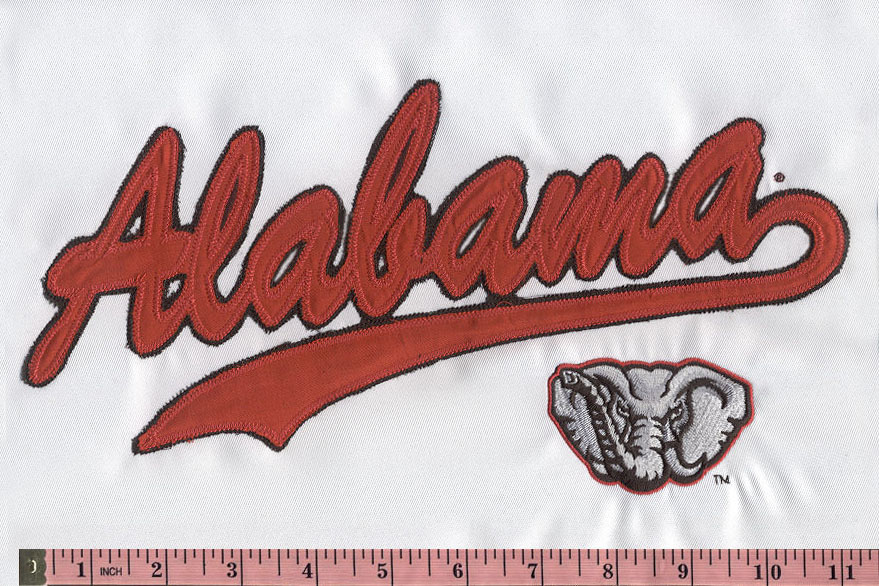Navigating the Vector Landscape: Tips on Choosing the Right Vector Art Service Provider
In the dynamic world of graphic design, the demand for high-quality vector art has skyrocketed, driven by its versatility and scalability. As businesses and individuals seek professional vectorization services, the choice of a service provider becomes a critical decision. This blog aims to guide you through the process of selecting the right vector art service provider, offering valuable insights and tips to ensure a seamless collaboration.
1. Assessing Your Vectorization
Needs
Understanding Project Requirements:
Before delving into the sea of service
providers, have a clear understanding of your vectorization
needs. Identify the complexity of your artwork, the level of detail
required, and any specific formats or sizes needed for the final vector files.
Volume and Turnaround Time:
Consider the volume of images you need to be vectorized and the turnaround time required. Some projects may have tight deadlines, so choose a service provider that can meet your timeline without compromising on quality.
2. Quality and Precision
Sample Portfolios:
Examine the service provider's portfolio to
evaluate the quality of their vectorization work. A diverse portfolio showcases
their ability to handle various types of images, ensuring that they can meet
your specific requirements.
Precision and Detailing:
Look for vector artservice providers with a reputation for precision and attention to detail. The ability to maintain the intricate details of your artwork is crucial for achieving high-quality vectorized results.
3. Technology and Tools
Vectorization Techniques:
Inquire about the vectorization techniques employed
by the service provider. Advanced tools and technologies, such as automated
tracing algorithms and manual vectorization processes, contribute to superior
results.
Compatibility with Vector Formats:
Ensure that the service provider supports a wide range of vector formats, including SVG, AI, EPS, and PDF. Compatibility with various formats ensures flexibility in using vector files across different platforms and applications.
4. Customer Reviews and
Testimonials
Online Reputation:
Research the service provider's online
reputation by reading customer reviews and testimonials. Platforms like Google
Reviews, Trustpilot, and social media can provide insights into the experiences
of other clients.
Case Studies:
Look for case studies or success stories shared by the vector art service provider. Real-world examples demonstrate their capabilities and showcase their expertise in handling diverse projects.
5. Pricing Structure and
Transparency
Transparent Pricing:
Choose a service provider with a transparent pricing
structure. Hidden fees or unclear pricing models can lead to misunderstandings
and unexpected costs. Ensure that the pricing aligns with your budget and
project requirements.
Volume Discounts and Packages:
If you have a large volume of images to be vectorized, inquire about volume discounts or package deals. Many service providers offer cost-effective solutions for bulk projects.
6. Turnaround Time and Project
Management
Project Timelines:
Clarify the turnaround time for vectorization projects.
A reliable service provider should provide realistic timelines and communicate
effectively if any adjustments are needed.
Project Management Tools:
Inquire about the project management tools and communication channels the service provider uses. Clear communication and efficient project tracking contribute to a smooth collaboration.
7. Revision Policies and
Guarantees
Revision Options:
Understand the service provider's revision
policies. Reputable vector art services typically offer a reasonable number of
revisions to ensure client satisfaction.
Quality Guarantees:
Check if the service provider provides any quality guarantees. A commitment to delivering high-quality vector files demonstrates confidence in their skills and dedication to client satisfaction.
8. Data Security and
Confidentiality
Confidentiality Agreements:
For projects involving sensitive or
proprietary information, ensure that the vector art service provider is willing
to sign confidentiality agreements. Protecting your data should be a top priority.
Data Security Measures:
Inquire about the data security measures implemented by the service provider. This includes secure file transfer methods and data storage protocols to safeguard your artwork and personal information.
9. Customer Support and Communication
Responsive Communication:
Opt for a vector art service provider with
responsive customer support. Timely and clear communication helps address
queries, provide updates, and ensure a collaborative and transparent workflow.
Dedicated Account Manager:
If possible, choose a service provider that assigns a dedicated account manager. Having a single point of contact streamlines communication and ensures a more personalized service.
10. Scalability and Long-Term
Partnership
Scalability Options:
Consider the scalability options offered by
the vector art service provider. If your vectorization needs are likely to
grow, choose a provider with the capacity to scale their services accordingly.
Long-Term Relationship:
Building a long-term relationship with a vector art service provider can be beneficial for consistency and understanding your preferences over time.
Conclusion: Making an Informed
Choice
Choosing the right
vector art service provider is a crucial step in bringing your digital imagery
to life. By assessing your needs, considering quality, technology, customer
reviews, and evaluating factors like pricing and communication, you can make an
informed decision. Remember, the right service provider is not just a vendor
but a partner in your creative journey, contributing to the success of your
projects with precision, professionalism, and a shared commitment to
excellence.


